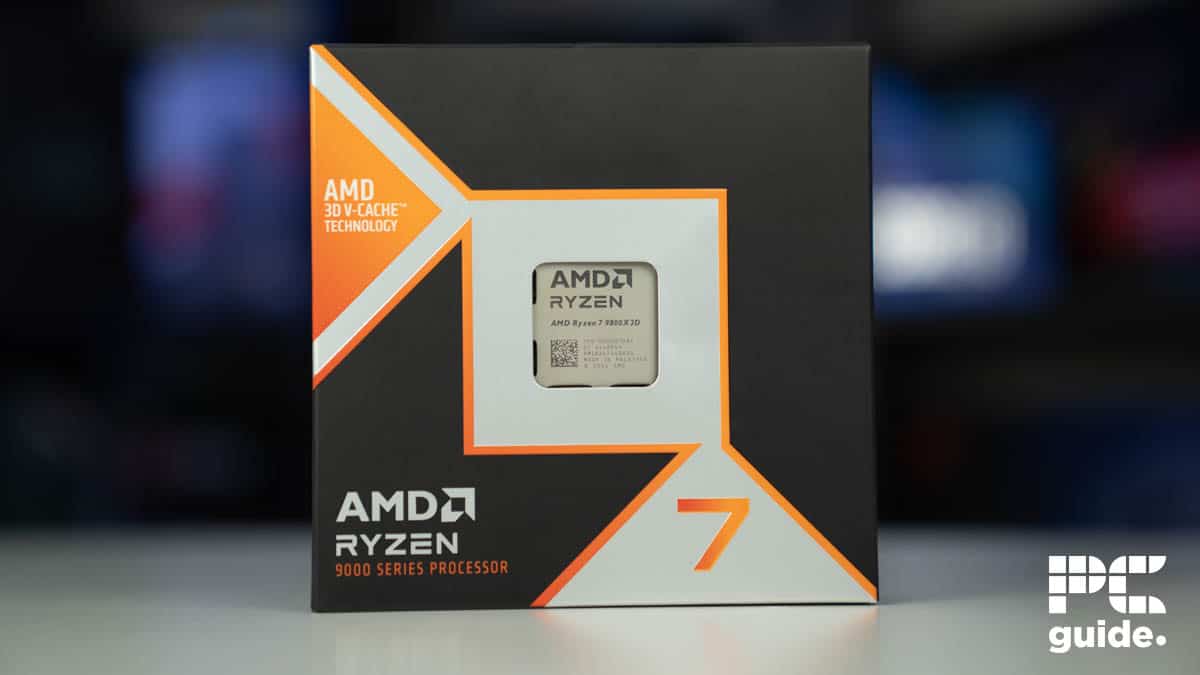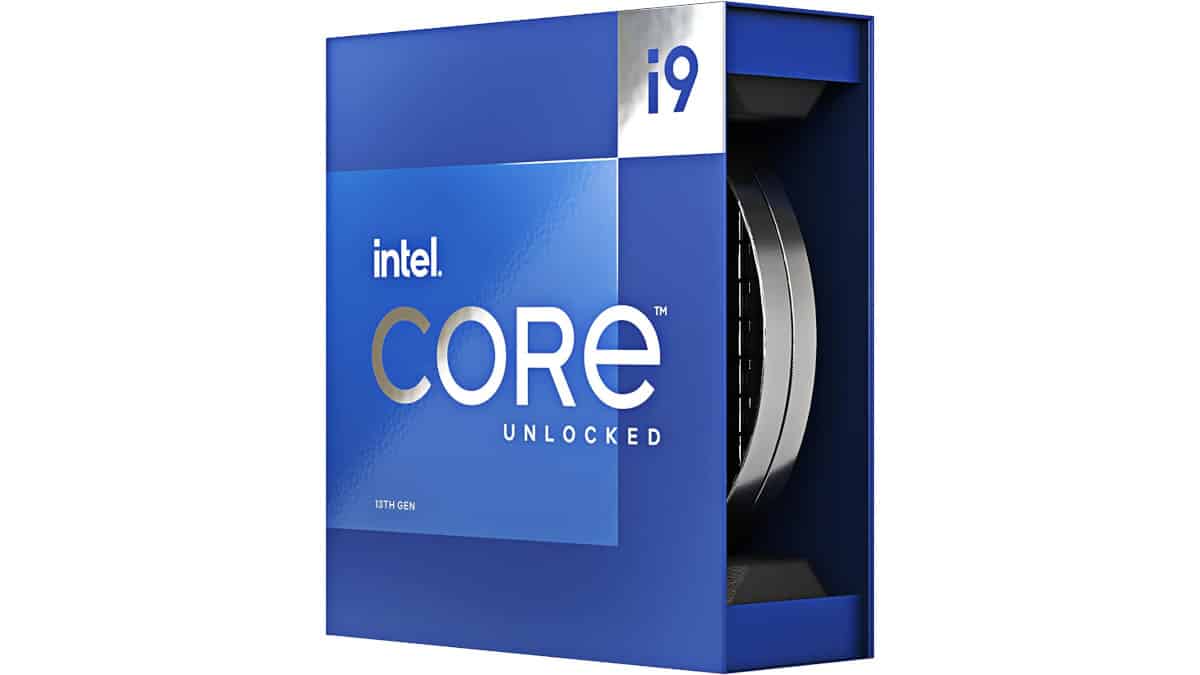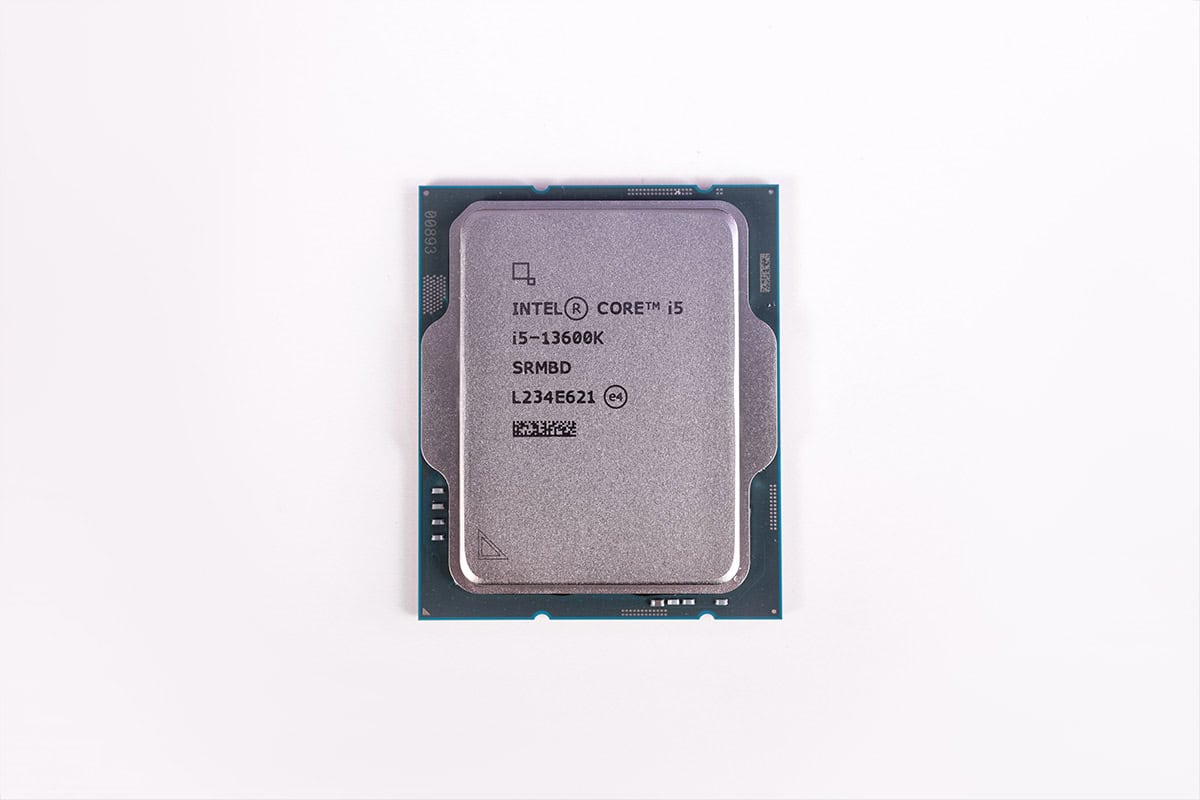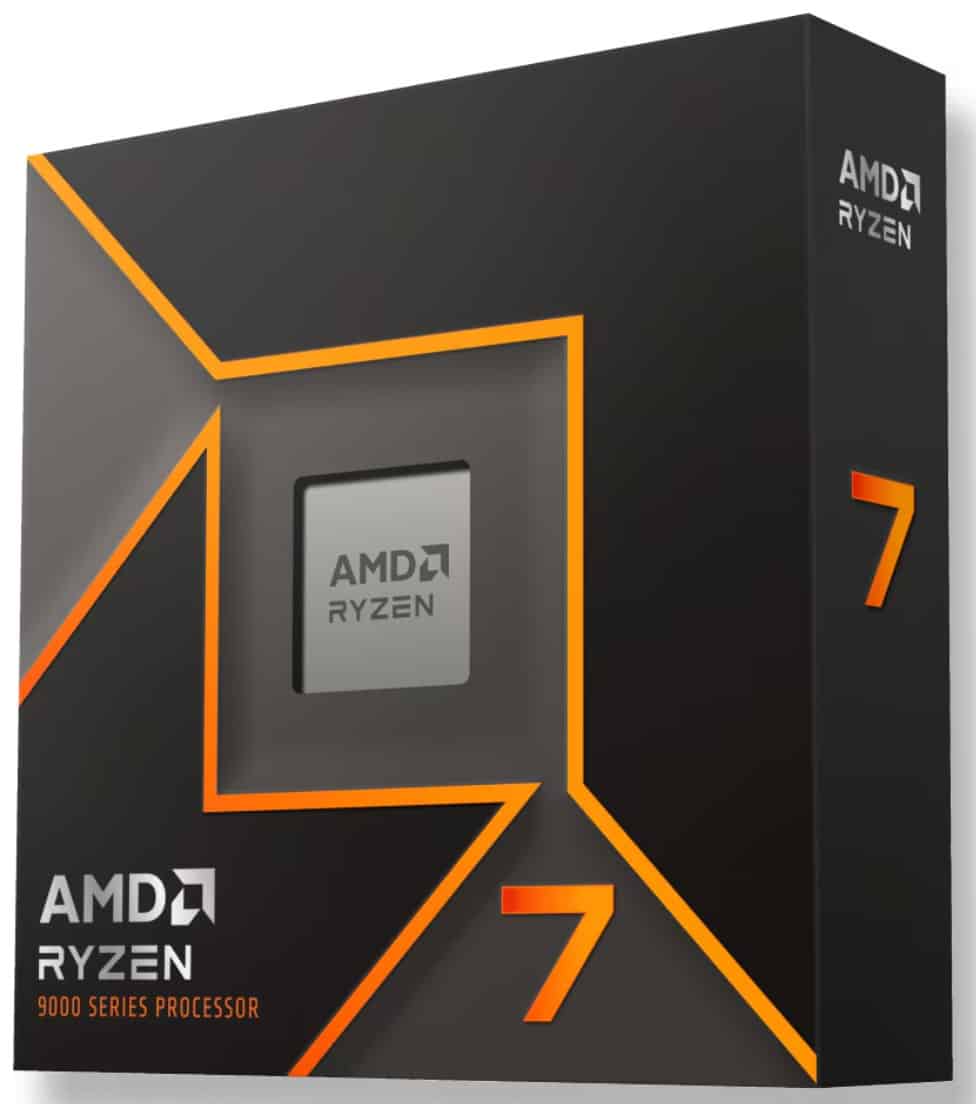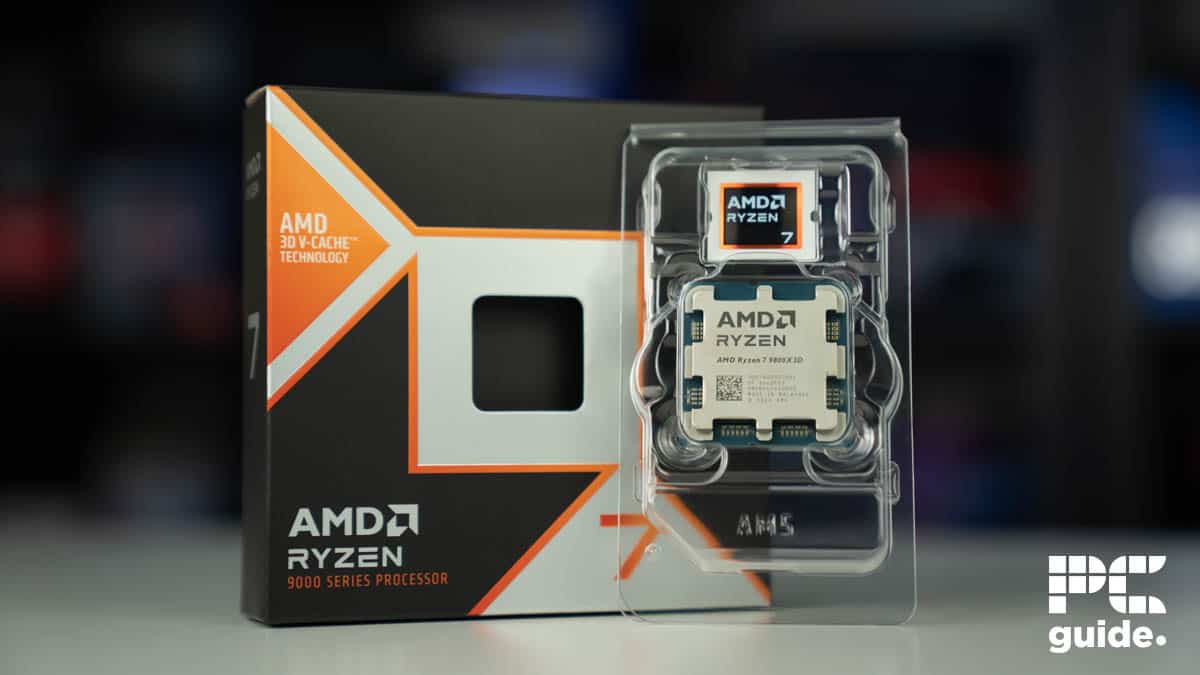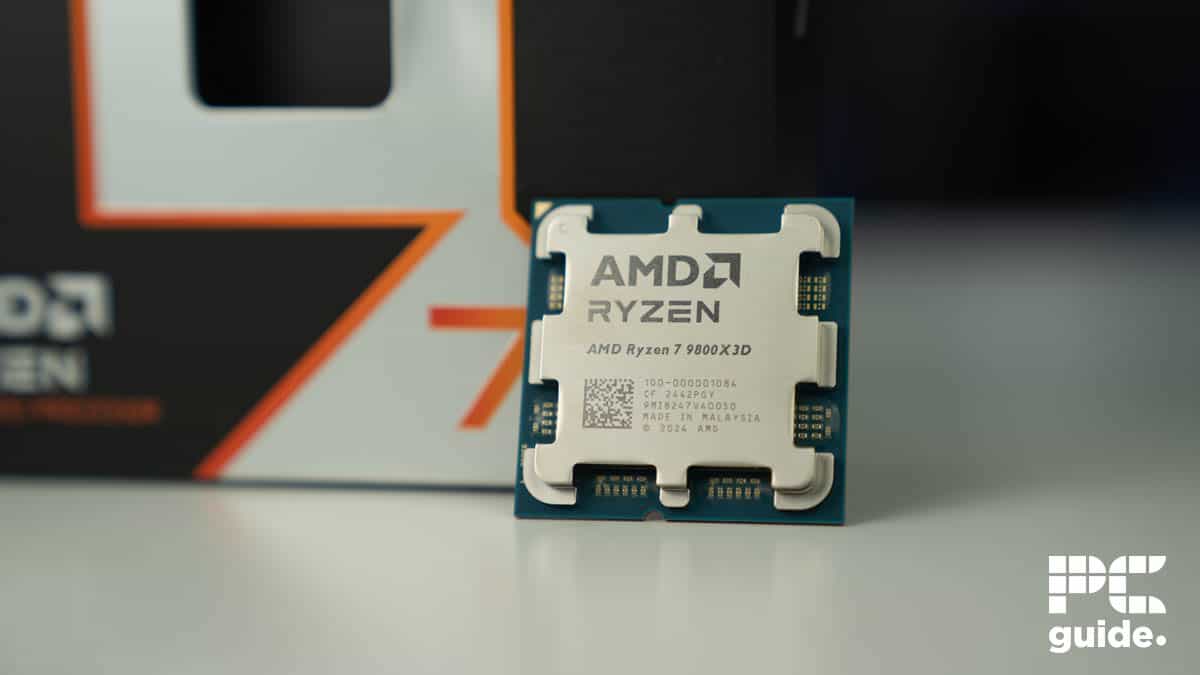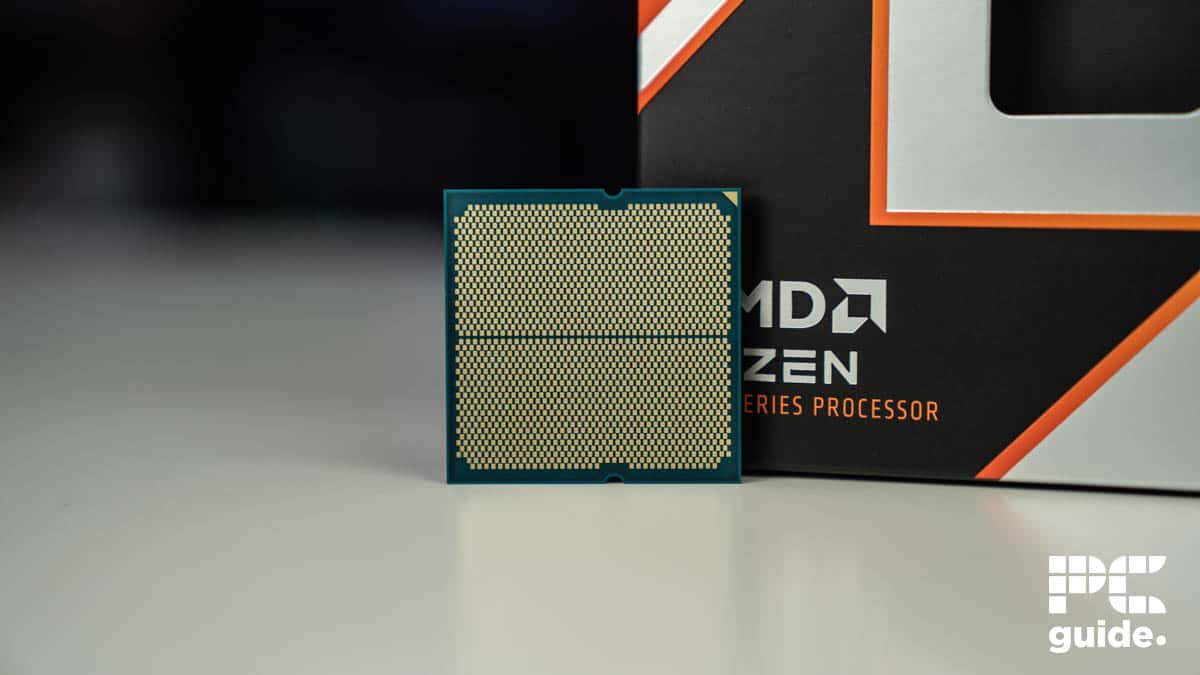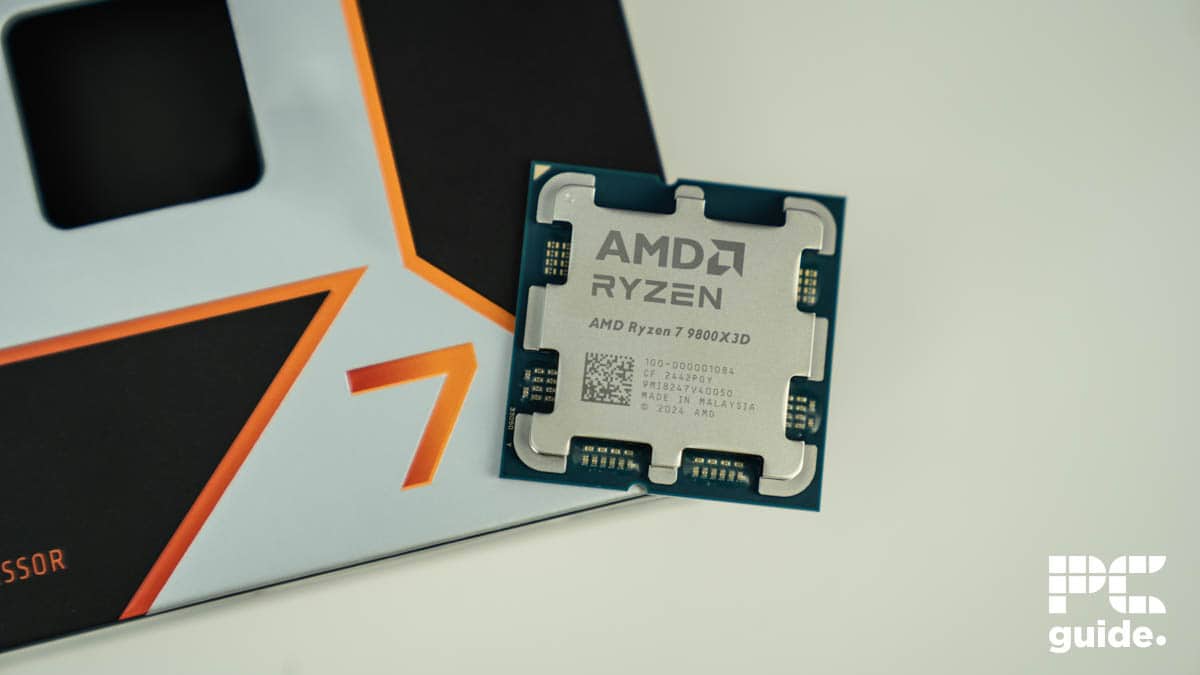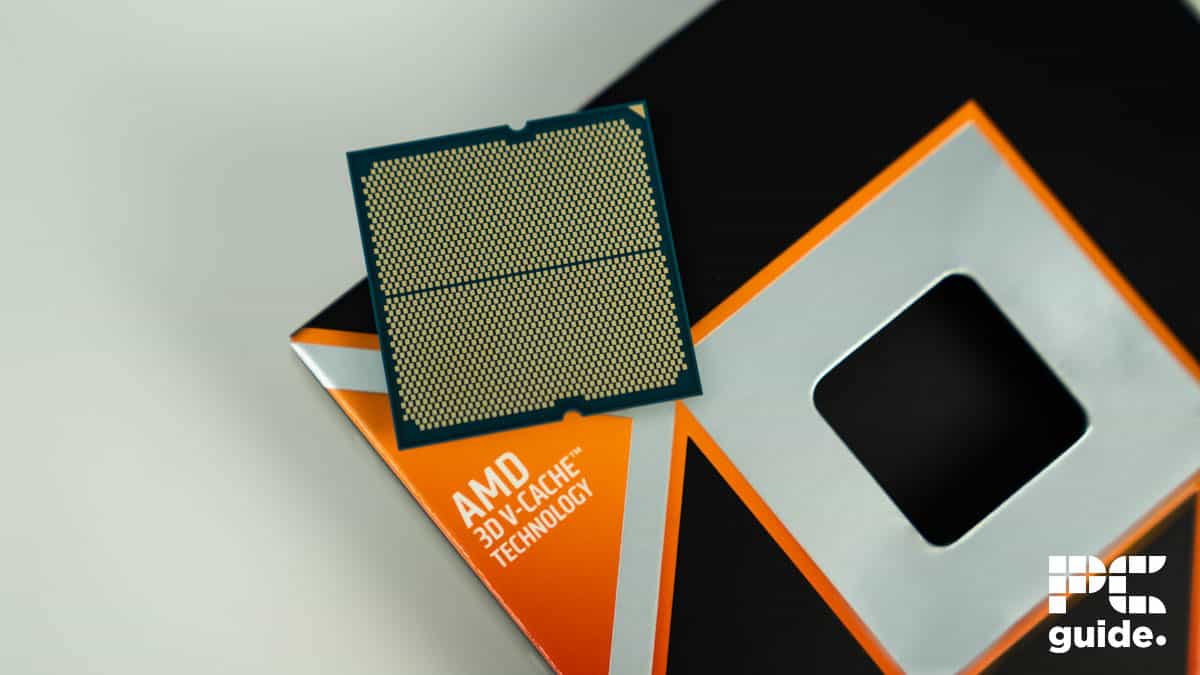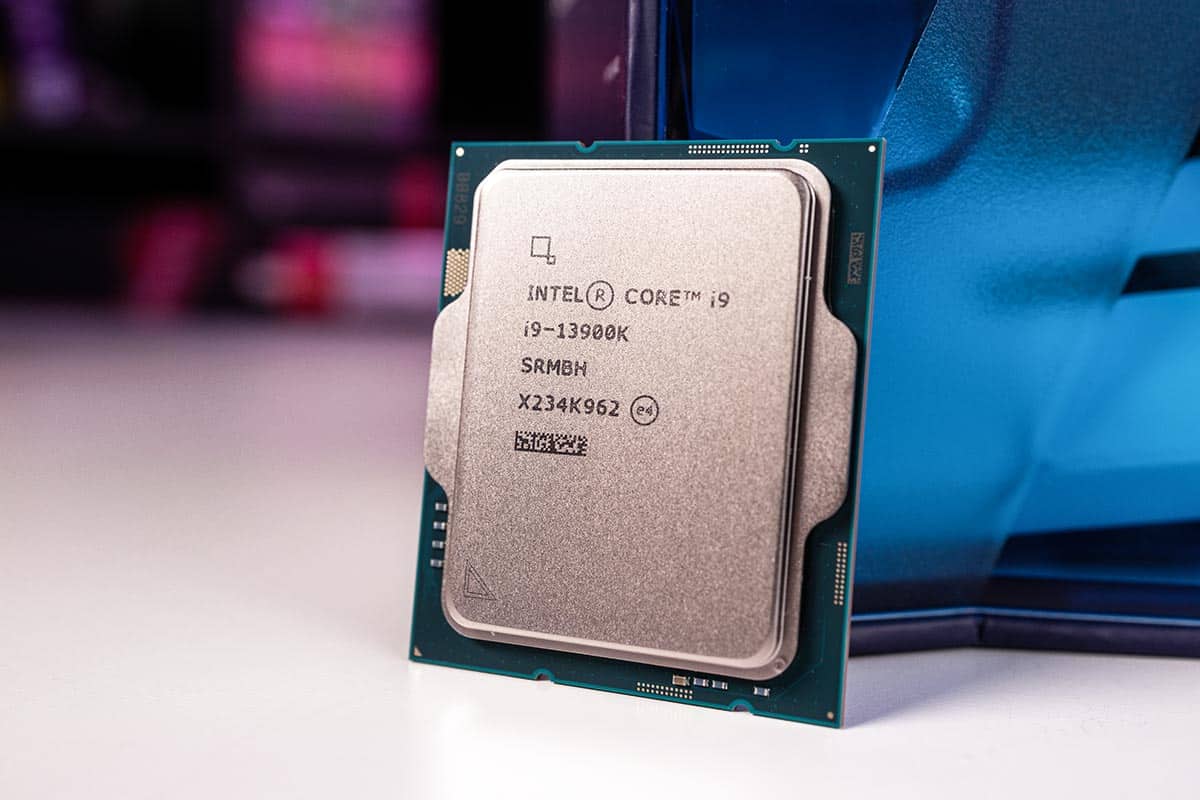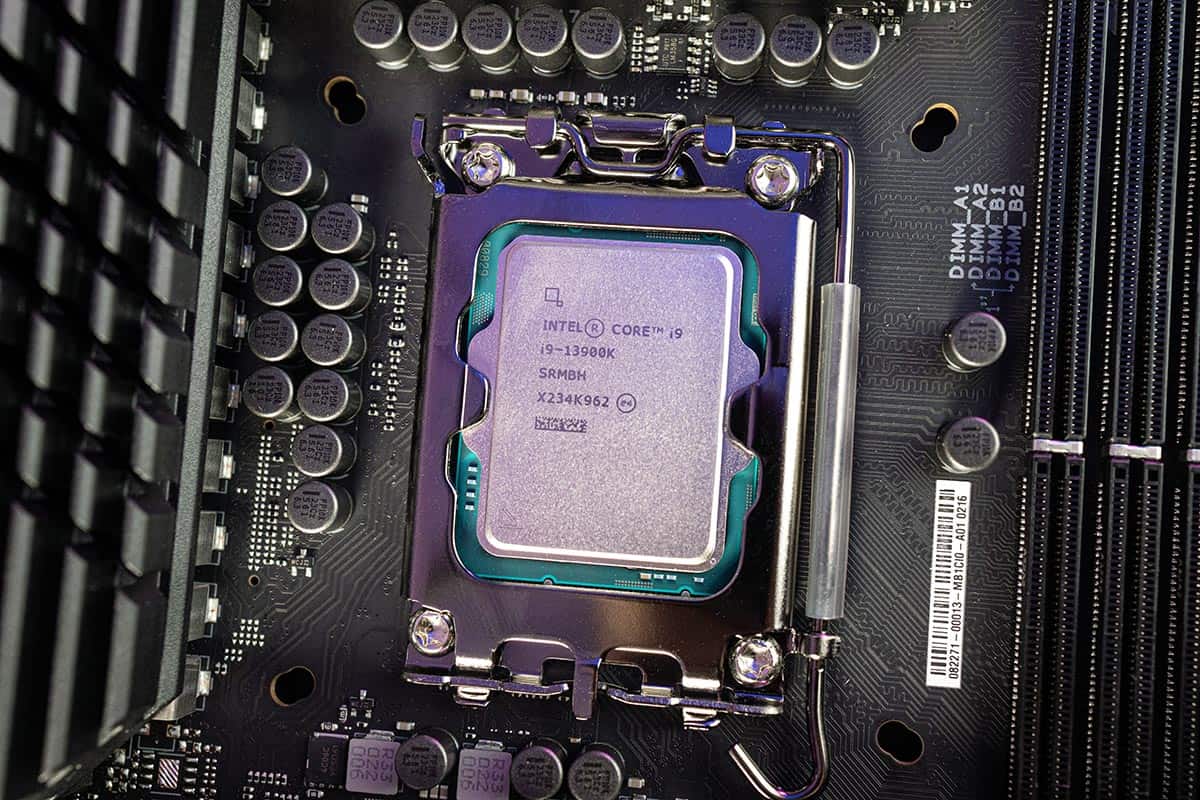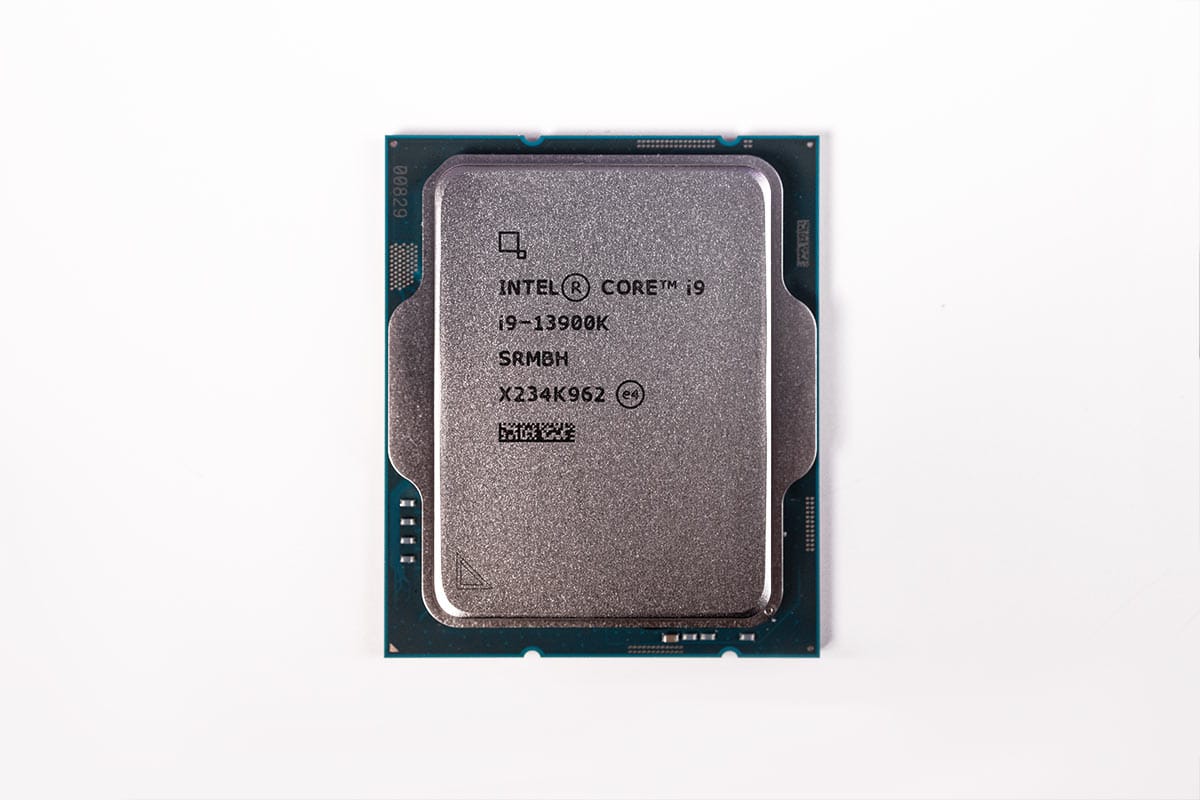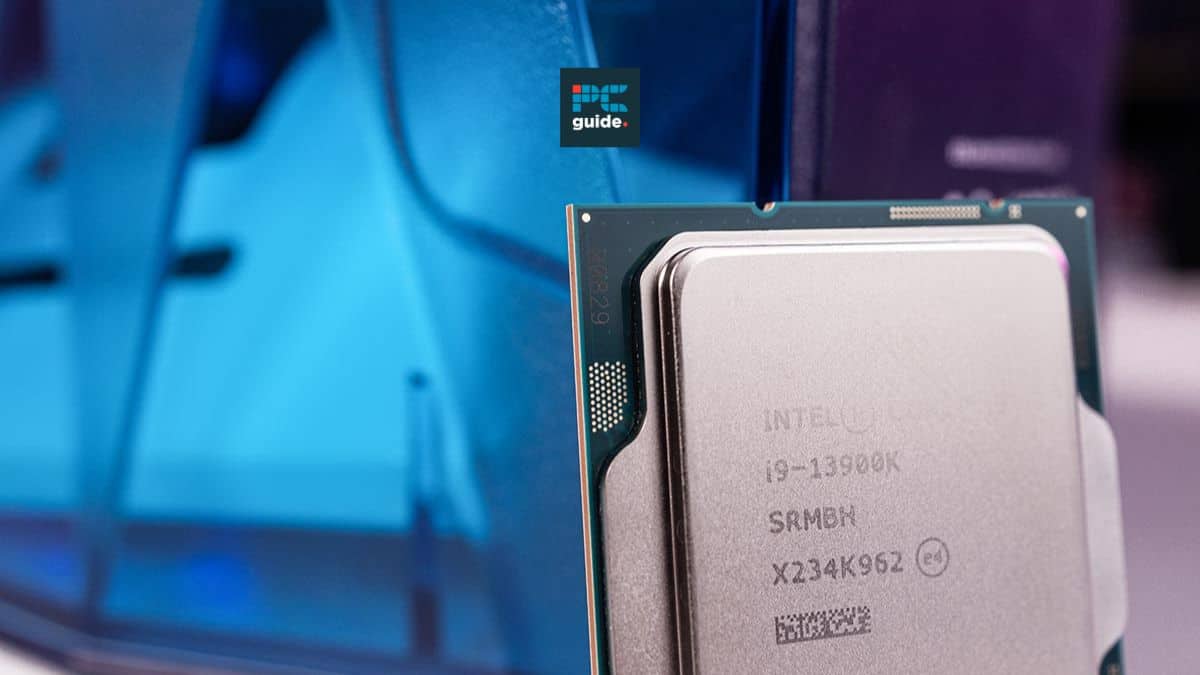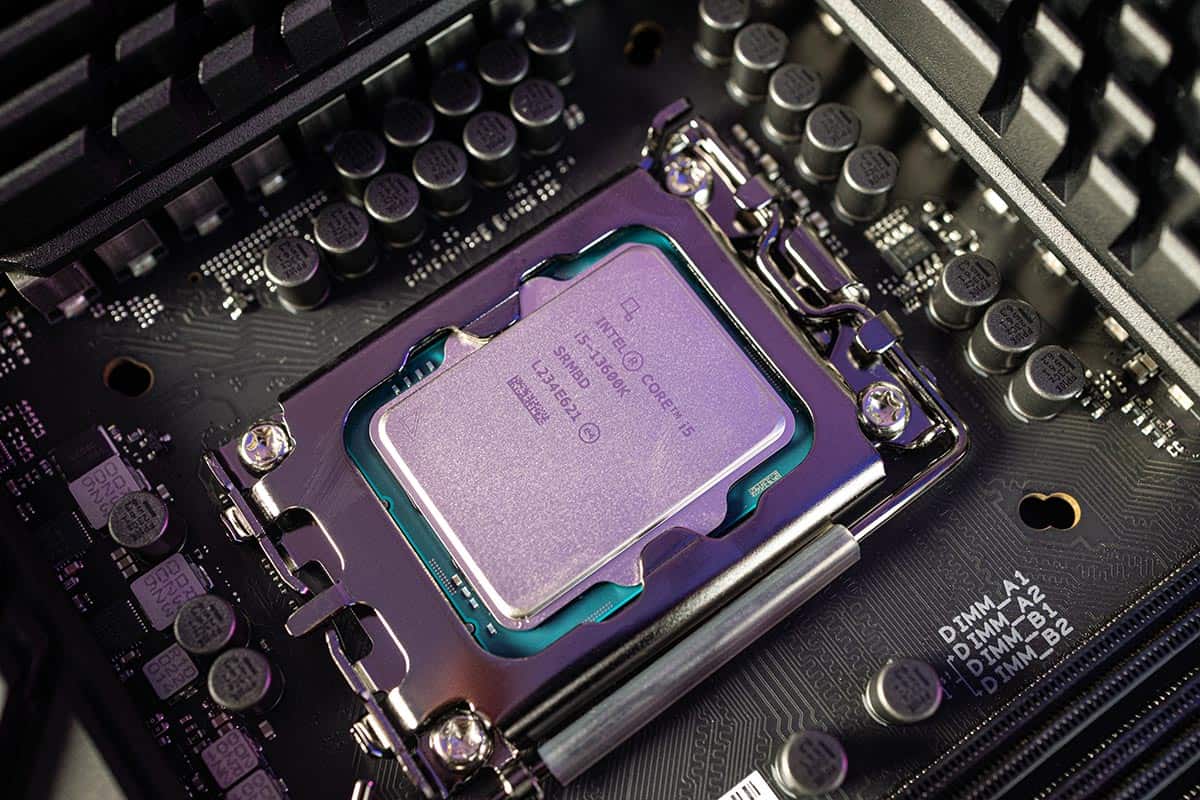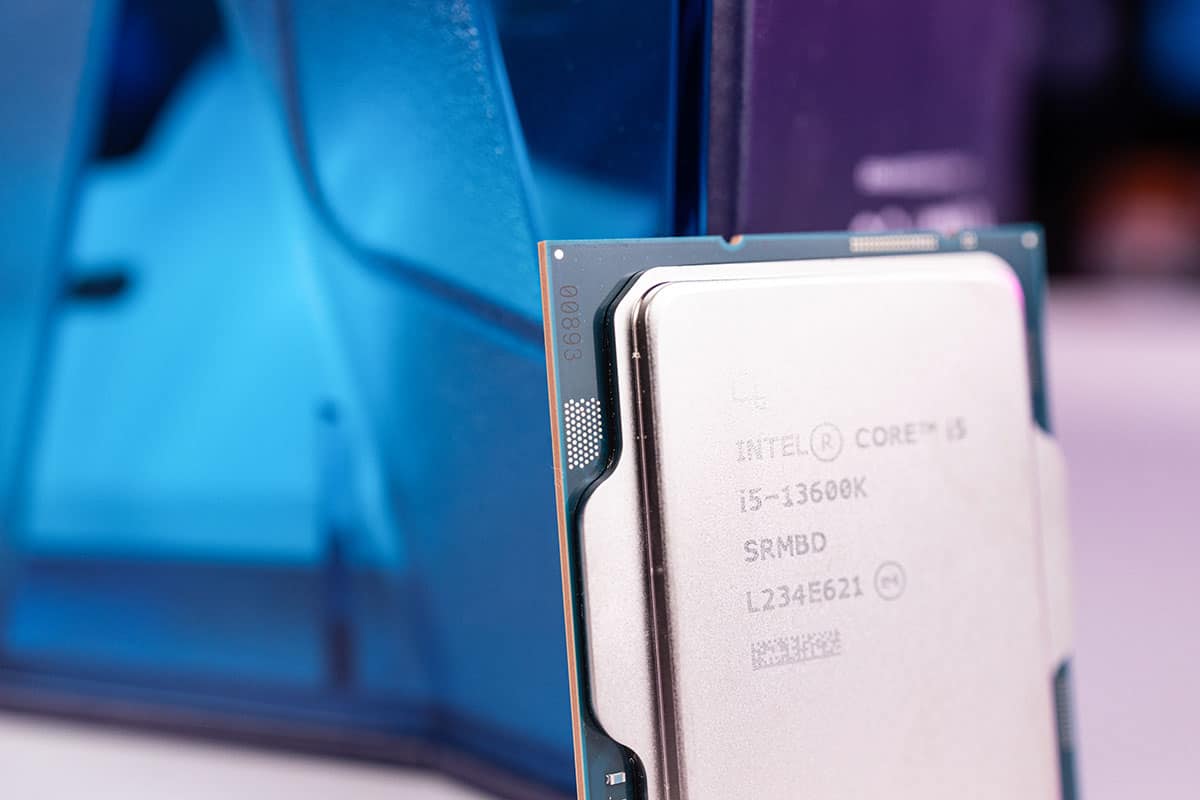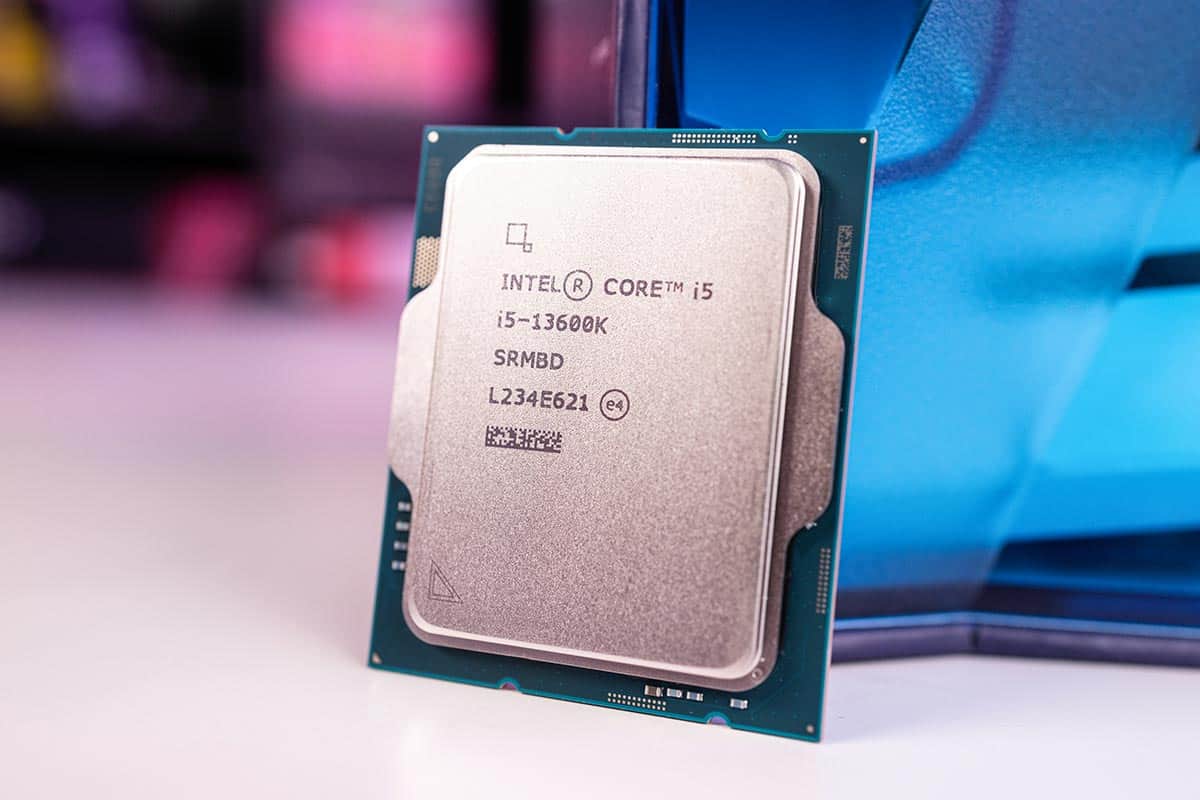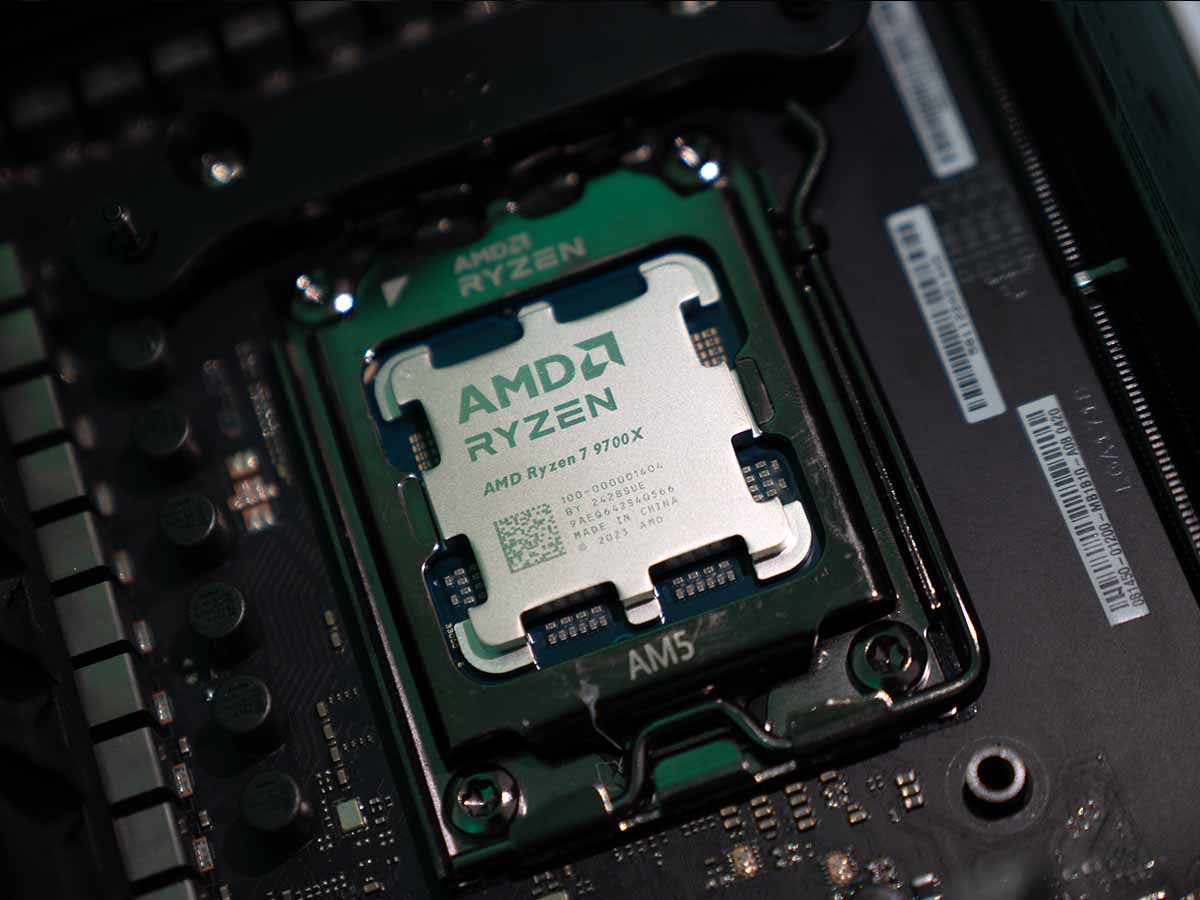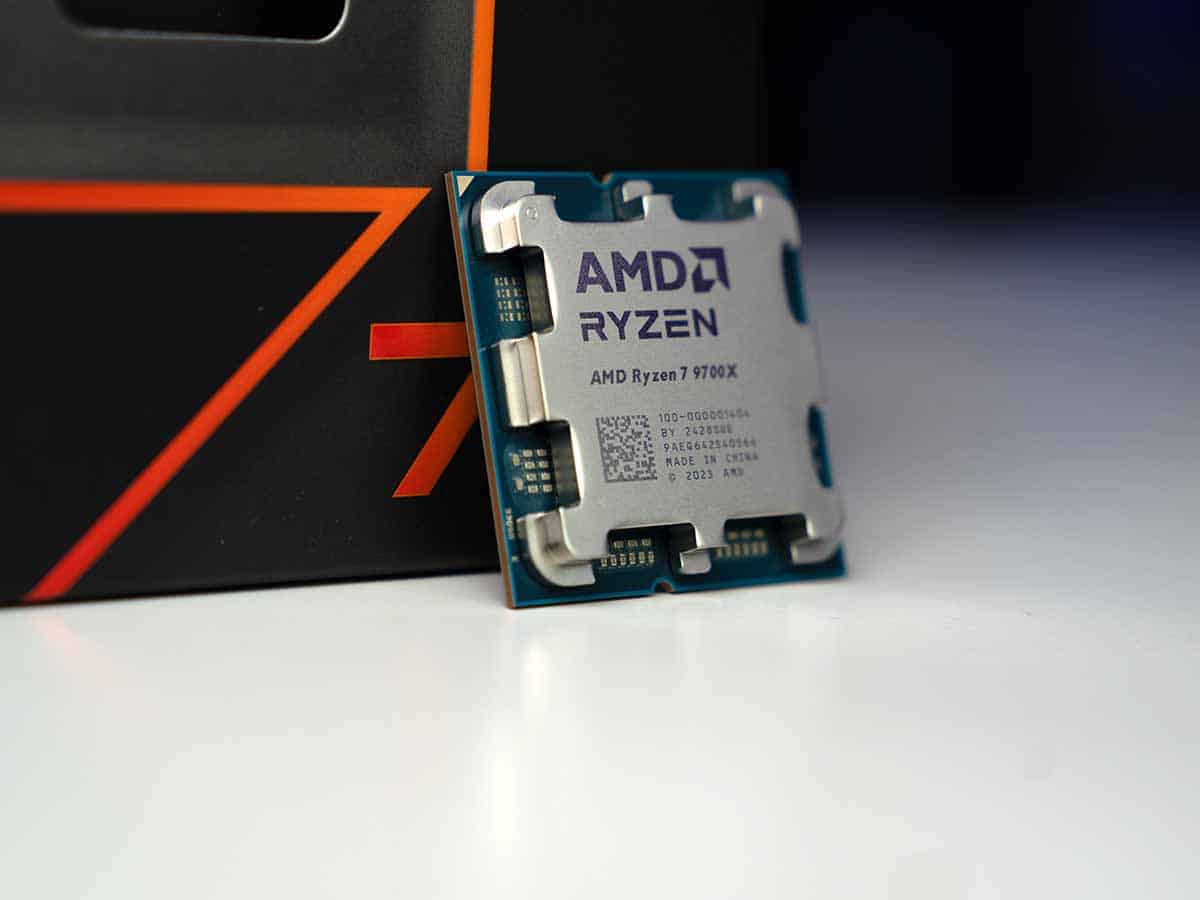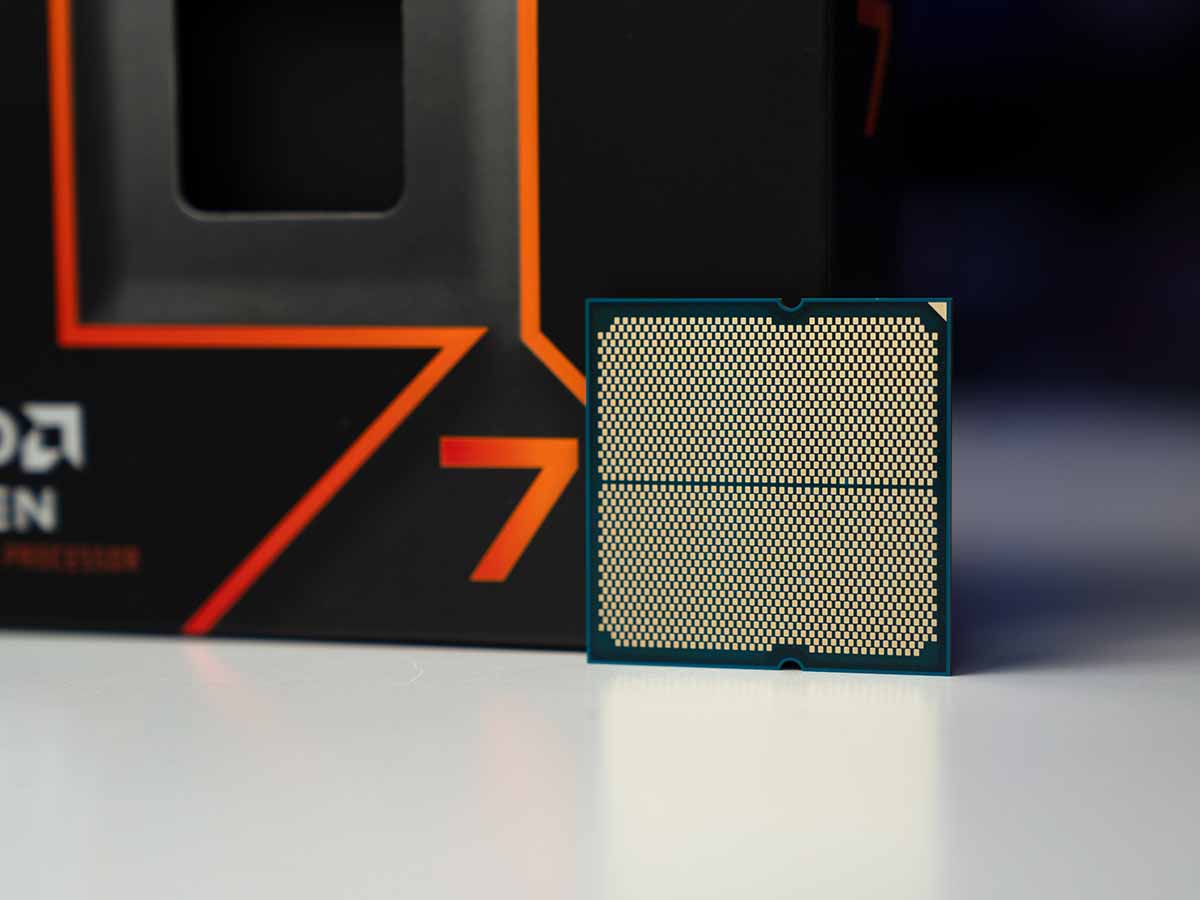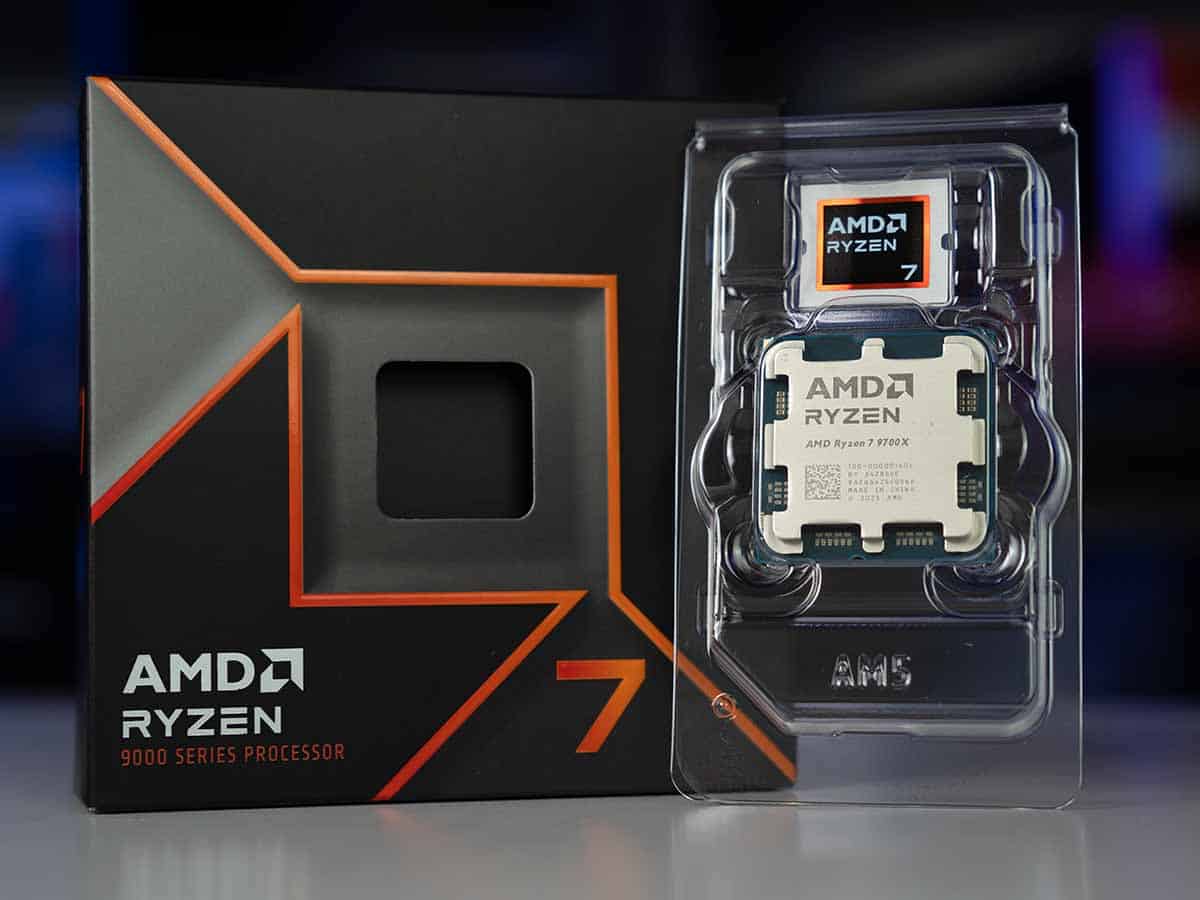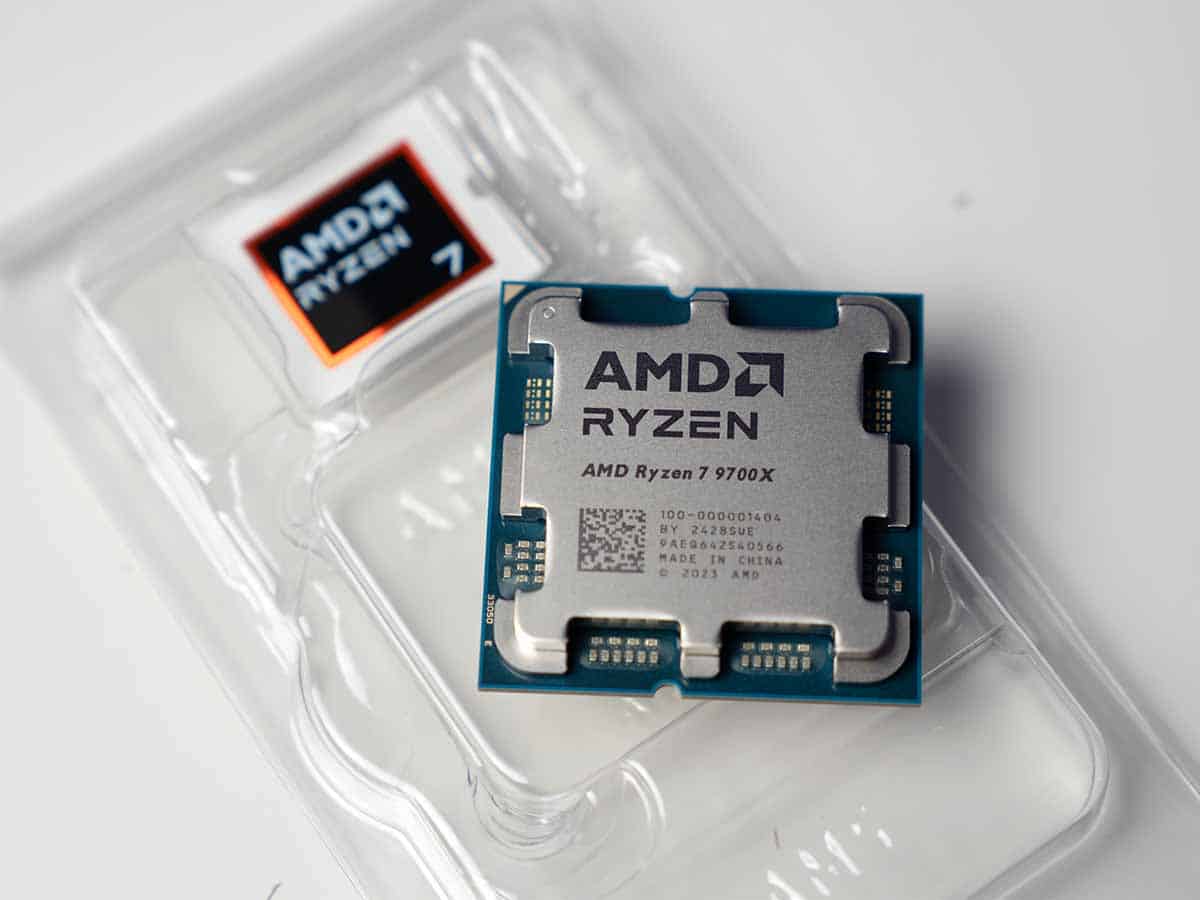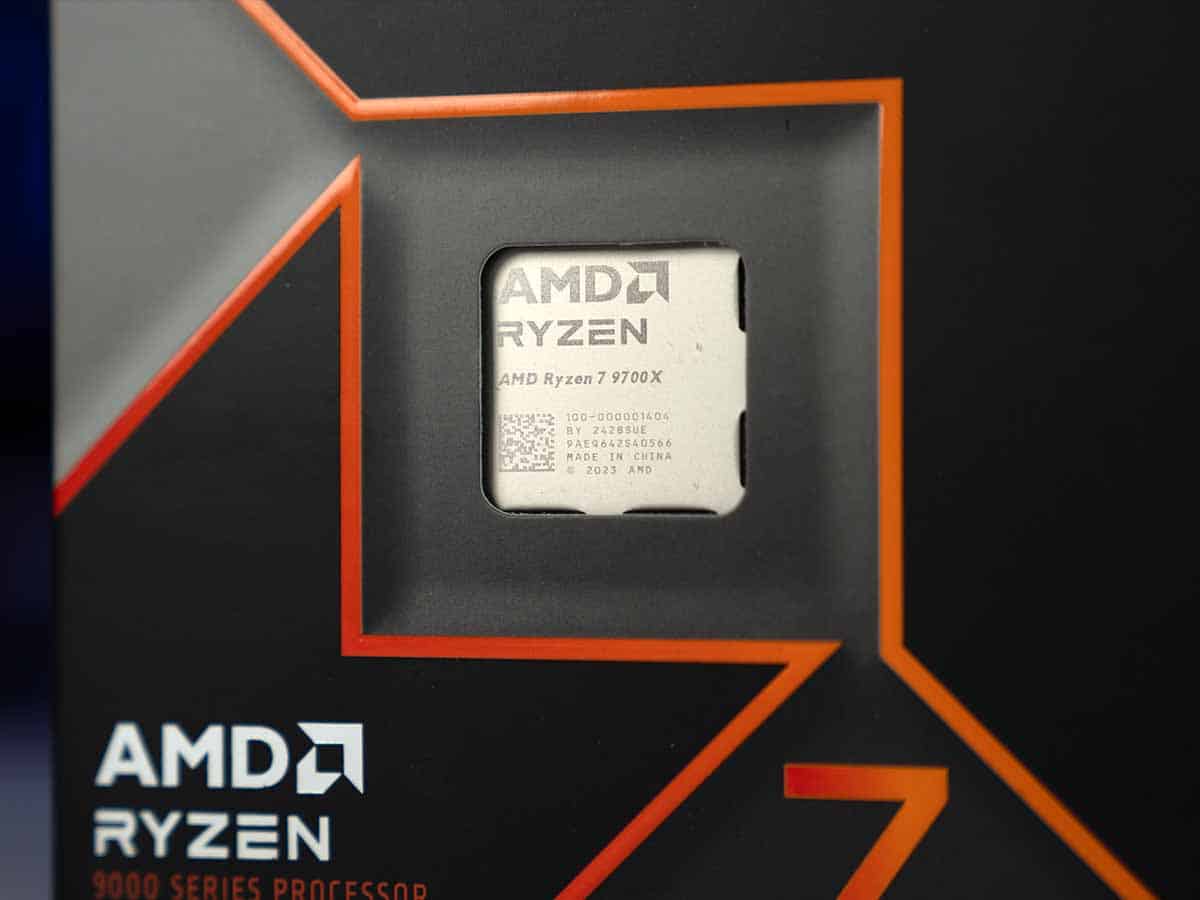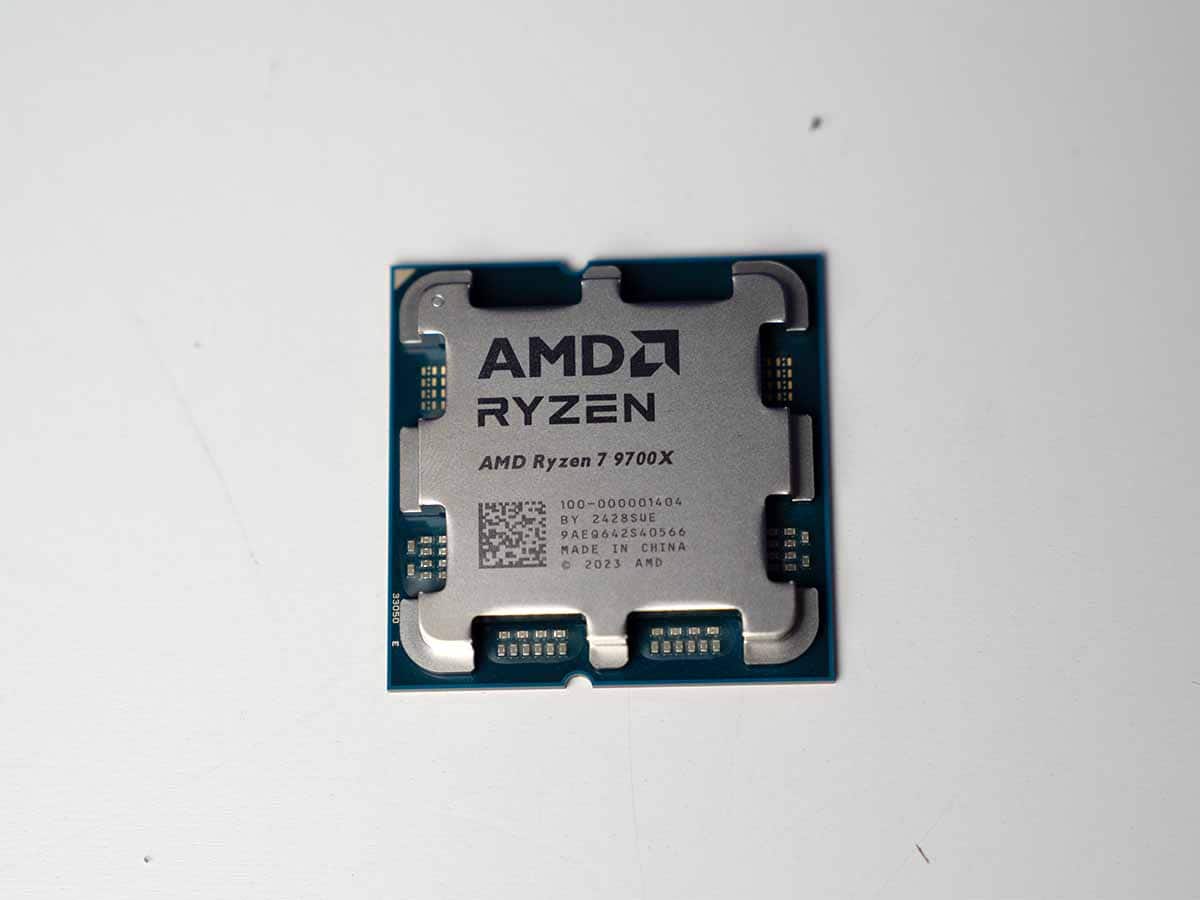Best CPU for gaming in 2025 – Our top picks
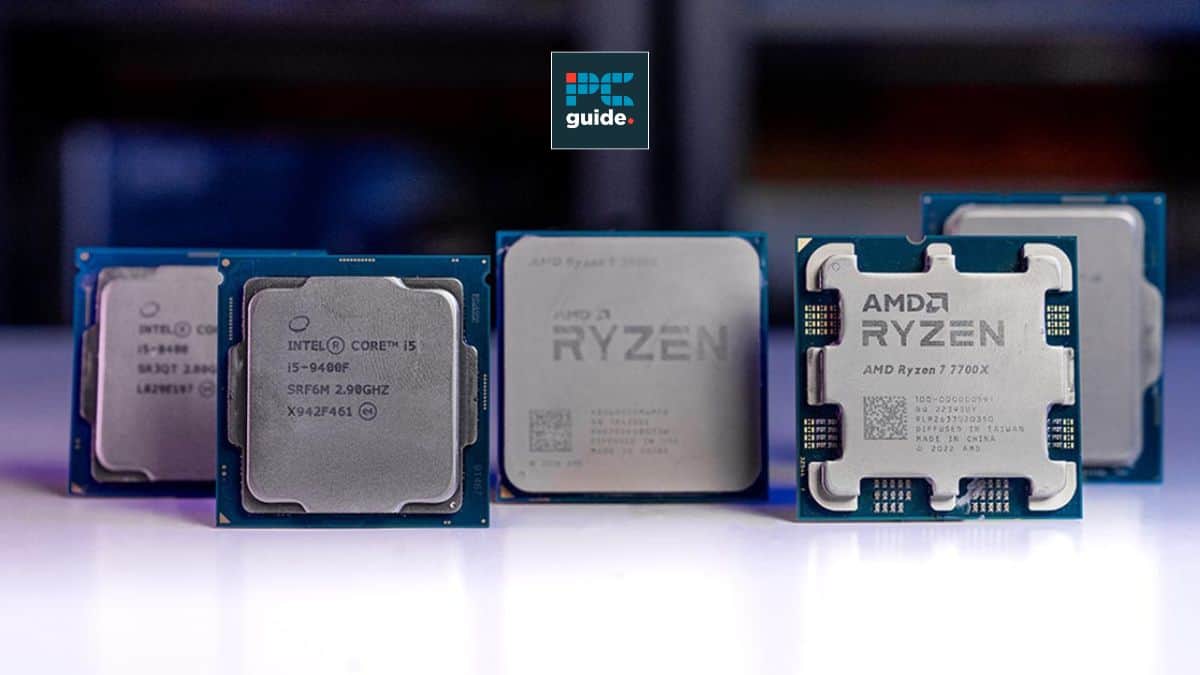
Table of Contents
Choosing the right CPU for your rig is crucial, as the right one will take your gaming experience to the next level, while the wrong processor will cause performance issues. You need to aim for something that offers a decent amount of cores and threads and packs enough power to run CPU-intensive games smoothly.
Here at PCGuide, we’ve reviewed a good number of CPUs and have put each one through rigorous testing. Based on the results, we’ve selected some options that we think are the right for gaming. So, without any further ado, let’s dive in!
Prime Day is finally here! Find all the biggest tech and PC deals below.
- Sapphire 11348-03-20G Pulse AMD Radeon™ RX 9070 XT Was $779 Now $739
- AMD Ryzen 7 7800X3D 8-Core, 16-Thread Desktop Processor Was $449 Now $341
- ASUS RTX™ 5060 OC Edition Graphics Card Was $379 Now $339
- LG 77-Inch Class OLED evo AI 4K C5 Series Smart TV Was $3,696 Now $2,796
- Intel® Core™ i7-14700K New Gaming Desktop Was $320.99 Now $274
- Lexar 2TB NM1090 w/HeatSink SSD PCIe Gen5x4 NVMe M.2 Was $281.97 Now $214.98
- Apple Watch Series 10 GPS + Cellular 42mm case Smartwatch Was $499.99 Now $379.99
- ASUS ROG Strix G16 (2025) 16" FHD, RTX 5060 gaming laptop Was $1,499.99 Now $1,274.99
- Apple iPad mini (A17 Pro): Apple Intelligence Was $499.99 Now $379.99
*Prices and savings subject to change. Click through to get the current prices.
-
Best CPU For Gaming
AMD Ryzen 7 9800X3D
- Cores: 8
- Threads: 16
- Boost clock speed: 5.2GHz
- Base clock speed: 4.7GHz
- L3 cache: 96MB
- TDP: 120W
-
Best Intel CPU For Gaming
Intel Core i9-13900K
- Cores: 24 (8P-16E)
- Threads: 32
- Boost speed : P-Core 5.8GHz / E-Core 4.3GHz
- Base speed: P-Core 3.0GHz / E-Core 2.2GHz
- L3 Cache: 36 MB
- TDP: 253 W
-
Best Mid-range CPU For Gaming
AMD Ryzen 9 7900X3D
- Cores: 12
- Threads: 24
- Boost clock speed: 5.6 GHz
- Base clock speed: 4.4 GHz
- L3 Cache: 128MB
- TDP: 120W
-
Best Budget CPU For Gaming- Intel
Intel Core i5-13600K
- Cores: 14 (6P-8E)
- Threads: 20
- Boost speed : P-Core 5.1GHz / E-Core 3.5GHz
- Base speed: P-Core 3.5GHz / E-Core 2.6GHz
- L3 Cache: 24MB
- TDP: 181W
-
Best Budget CPU For Gaming – AMD Ryzen
AMD Ryzen 7 9700X
- Cores: 8
- Threads: 16
- Boost clock speed: 5.5 GHz
- Base clock speed: 3.8 GHz
- L3 Cache: 32 MB
- TDP: 65 W
How we picked
In order to select the best CPU for gaming we have considered several major factors. Firstly, and most obviously, performance is the main key factor here. This refers to the raw processing power of the CPU. We prioritized looking for a CPU with high clock speeds and a good number of cores. While you can find benchmarks online that compare the performance of different CPUs in gaming scenarios, we have conducted most of our own testing in our CPU reviews.
A second major factor is budget and value for money. CPUs can range in price from around $100 to well over $500, so picking the right one is crucial. We advise deciding how much you’re willing to spend before you start shopping. To help, we have divided our options based on mid-range and budget pricing so you know which ones to look for.
Power consumption is another key factor. While we have looked for high performance, this often means larger power demands. You’ll need to make sure your power supply unit (PSU) can handle it. Also, CPUs that use less power will typically generate less heat, which can be important for keeping your system cool. We have tried to balance out this problem by picking CPUs with solid TDP and those that are not overkill for your gaming demands.
Best CPU for gaming


- Cores: 8
- Threads: 16
- Boost clock speed: 5.2GHz
- Base clock speed: 4.7GHz
- L3 cache: 96MB
- TDP: 120W
- Platform: AM5
- Beats all other CPUs in gaming
- Great efficiency
- Improved productivity performance over 7800X3D
- Expensive
- No support for DDR4 RAM
The AMD Ryzen 7 9800X3D is the top contender for the best gaming CPU due to its massive L3 cache enabled by 3D V-Cache technology. This large cache provides a significant performance boost in games by storing frequently accessed data for quicker retrieval.
In our 9800X3D review, the processor delivered a best-in-class performance in all games we tested, completely beating the previous king of gaming, the 7800X3D, and even outperforming flagships like Core Ultra 9 285K and Ryzen 9950X. For example, in CS2, we were constantly getting over 600 FPS at 1080p. For reference, the 7800X3D and 9700X were all the way back in the mid-300s. Even in Cyberpunk 2077, the 9800X3D offered the most framerates at 334 FPS.
The 9800X3D has unlocked its potential and become the leading processor in the market. The 2nd generation V-Cache gives it the ability to run the CPU core faster and at higher voltages pushing its performance even further over the 7800X3D and on par with non-X3D chips in non-gaming tasks.
PC Guide
Along with that, the 9800X3D can also be overclocked. When we enabled PBO, we saw a good boost in both gaming and productivity benchmarks. Speaking of which, AMD’s architectural changes with the 9800X3D, including using a 4nm process node, have finally given it a good bump in synthetic tests, as the CPU showed good results in single-core benchmarks.
Overall, you can’t deny the numbers, and it is very clear that there is simply no other CPU that can beat the Ryzen 7 9800X3D in gaming. As such, if you want the most framerates, this is a no-brainer choice. Just make sure you pair it with the best motherboard and the best cooler for a smooth experience.

- Cores: 24 (8P-16E)
- Threads: 32
- Boost speed : P-Core 5.8GHz / E-Core 4.3GHz
- Base speed: P-Core 3.0GHz / E-Core 2.2GHz
- L3 Cache: 36 MB
- TDP: 253 W
- Platform: Intel Socket 1700
- Versatile CPU for gaming and creative tasks
- Strong boost clock speed and power
- Top CPU from Intel
- Performance is slightly weaker than the Ryzen 9 7950X3D
- Hefty price tag making it not appropriate for budget conscious users
The Intel Core i9-13900K is a beast for gamers seeking top-tier performance and our top pick for the best Intel CPU for gaming. This CPU packs enough power for even the most demanding tasks. And in our Intel i9-13900K review, we found it to be a solid choice for resource-hungry applications.
It wields high clock speeds, reaching 5.8 GHz, and a massive 24 cores (dividing into 16 performance cores and 8 efficiency cores) to deliver smooth gameplay and the ability to handle heavy multitasking – which is important for gamers. The 13900K benefits from the latest Raptor Lake architecture, edging out even AMD’s Ryzen 7950X in some games. Plus, it supports DDR5 memory, the cutting edge for even faster performance. Lastly, while we prioritize gaming in this guide, the Intel Core i9-13900K is also excellent for creative tasks, making it the best versatile CPU on this list. If Intel is your go-to place for CPUs ,then this may just be the product for you.
As far as its performance is concerned, we tested the 13900K in CS2, Cyberpunk 2077, Days Gone, and Resident Evil: Village. In the first game, we were getting 185 FPS with everything set to low at 1080p. In the second and third game, the FPS was around 342 and 261, respectively. And finally, in Resident Evil, the CPU was able to hit 351 FPS.
It's clear that the Intel Core i9-13900K is still more than competitive when it comes to powering today's games.
PC Guide
Keep in mind the i9-13900K isn’t perfect. The price tag is hefty, and its high power draw demands a strong power supply unit and good cooling. Additionally, for pure gaming, the extra efficiency cores might be underutilized, making the slightly cheaper i7-13700K a more attractive option.
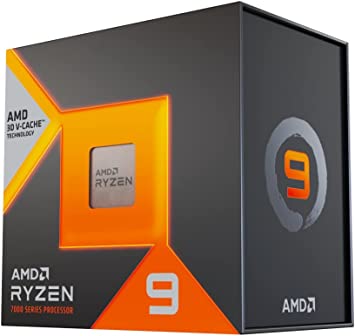

- Cores: 12
- Threads: 24
- Boost clock speed: 5.6 GHz
- Base clock speed: 4.4 GHz
- L3 Cache: 128MB
- TDP: 120W
- Platform: Socket AM5
- Strong gaming muscle
- Impressive L3 cache means faster and smoother performance
- Cheaper cooler and motherboards can be used as a result of impressive specs
- Some may consider it too expensive for ‘mid-range’
- Struggles with multi-tasking, might bottleneck as a result
It may seem odd to pick the AMD Ryzen 9 7900X3D as a mid-range pick, but let’s explain. For specific gamers on a tighter budget, it can be a strategic choice. This CPU prioritizes pure gaming muscle. Its massive L3 cache, thanks to 3D V-Cache technology, acts like super fast storage for game data, leading to significant performance boosts in games that rely on it heavily. In fact, the 7900X3D’s focus on cache allows you to potentially save elsewhere in your build. Because it relies less on high clock speeds, you might be able to get away with a cheaper motherboard and cooler compared to a traditional high-clocked CPU. This can make the overall build more affordable as a whole.
We reviewed the Ryzen 9 7900X3D and were amazed by its gaming performance. It was able to deliver 168 FPS in Cyberpunk 2077 at 1080p with the graphical settings set to low, and 178 FPS in Death Stranding. Its productivity performance was also pretty decent, as we got big scores in several benchmarking tools.
The AMD Ryzen 9 7900X3D is an incredibly powerful CPU for gaming with some strong synthetic performance as well, bolstered by a respectable TDP compared to its non-3D variant.
PC Guide
However, this strategy hinges on prioritizing pure gaming performance. If you do demand multi-tasking, the lower clock speeds might be a bottleneck. Additionally, you need to find the 7900X3D at a competitive price. If the price difference between it and a traditional mid-range CPU is significant, the cost savings on other parts might not make up for it. Whether you have money in mind or not, this CPU still delivers solid specs and features and will handle most modern titles with ease.

- Cores: 14 (6P-8E)
- Threads: 20
- Boost speed : P-Core 5.1GHz / E-Core 3.5GHz
- Base speed: P-Core 3.5GHz / E-Core 2.6GHz
- L3 Cache: 24MB
- TDP: 181W
- Platform: Intel (LGA 1700)
- Great value for money
- Will deliver solid gaming performance across the board
- Latest DDR5 memory
- Performance not as strong as top of the range, or mid-range CPU choices
- High power consumption
- CPU cooler is needed
Our first pick for budget-conscious users is the Intel Core i5-13600K, which is truly a game-changer for gamers looking to cut costs. Forget the hefty price tags of the 7950X3D or the Intel Core i9-13900K. This processor still manages to provide more than enough power to make a difference. In our i5-13600K review, we found it to be a great affordable option for gaming.
It boasts 6 powerful cores capable of reaching impressive clock speeds of up to 5.4 GHz. This translates to smooth, stutter-free gameplay that rivals even more expensive CPUs. Packed with 24MB of L3 Cache, this card doesn’t show any signs that it falls behind in terms of performance.
Additionally, 13600K isn’t just about affordability. It keeps pace with the latest technology, too, like DDR5 memory, meaning you can enjoy the benefits of next-gen tech while staying within your budget.
For our review, we tested it in Cyberpunk 2077 and Elden Ring, where the average FPS was 179 and 162, respectively. In games like CS:GO and GTA V, we were getting 353 and 186 FPS.
An excellent CPU through and through with fierce single and multi-core performance for the money.
PC Guide
However, we like to provide well-rounded reviews so let’s talk a little about the downsides of this product. It uses more power than its predecessor, meaning you’ll need a beefier PSU. The extra power also translates to hotter temperatures, so a good CPU cooler is essential. Upgrading might be trickier down the line as the motherboard socket might limit future CPU options without a motherboard replacement. It is good to keep this in mind when purchasing CPUs that are not top of the range/older gen.
- Cores: 8
- Threads: 16
- Boost clock speed: 5.5 GHz
- Base clock speed: 3.8 GHz
- L3 Cache: 32 MB
- TDP: 65 W
- Platform: AMD Socket AM5
- Does not come with a premium price tag
- Great gaming performance for the price
- Latest Zen 5 architecture
- AM5 is an expensive platform
- You’ll need an AM5 motherboard for it
- Not recommend for high-end gaming
Tight on budget but want to remain in Team Red? Well, in this case, we’d recommend the AMD Ryzen 7 9700X. This is a fantastic choice for budget-minded gamers, and we think that it’s easily one of the best budget AMD CPUs for gaming. We reviewed the Ryzen 7 9700X and found it to be a great option for multiple tasks.
The 9700X is a part of the AMD 9000 series lineup, so it is built on the latest Zen 5 architecture. On top of that, it boasts the 4nm process technology, so it comes packed with plenty of transistors. What does this mean? Well, better and smoother performance in multiple tasks. In our tests, the 9700X managed to hit 856 points in the CPU Z single-core test, which went up to 8,199 points in the multi-core test. On the other hand, in Cinebench, the scores were 2,297 and 20,184. For comparison, its predecessor, the 7600X, scored 1,995 and 19,650 points.
The 9700X packs enough power to deliver great performance in multiple tasks, including gaming.
PC Guide
This processor has six cores and 12 threads, which is pretty decent. Its base and boost clock speeds are 3.8 GHz and 5.5 GHz, respectively. Thanks to these specs, it should deliver smooth performance in modern titles and even productivity software.
You might be thinking that a processor that packs such features will have a high TDP. Well, you’re wrong. This is because the 9700X has a TDP of only 65W, which is rare to see in processors that offer similar specs.
This means that you won’t have to worry about investing in a top-tier PSU to power it. However, we’d still recommend getting one of the best PSUs for 9700X to keep your components safe. On top of that, to make sure it stays cool even under constant stress, you should opt for one of the best CPU coolers for the 9700X.
Overall, the 9700X provides great value for money. Its core/thread count, clock speeds, and low TDP make it worth every single penny.
How to pick the best CPU for games
Here are a few factors you should consider before making a final purchase.
Price
When buying a CPU for your desktop PC, you should consider the asking price and the performance offered. Typically speaking, if you're someone who wants to push games to their limit, then an i7 / Ryzen 7 would be a smarter choice than the weaker alternatives.
Clock speeds
Clock speeds are also important, so if you want to overclock, shop for processors pushing the 5.0 GHz rate. What's more, TDP is an essential consideration as well, as Intel currently goes up to 125W, and AMD's upcoming line will have a power draw of up to 170W base TDP.
Socket type and motherboards
Then there's the socket type and corresponding motherboards. Intel uses LGA 1700, with AMD CPUs currently using AM4 and soon-to-be AM5. Certain motherboard types, such as those with DDR5 support, are going to be more expensive than budget models. If you want to build a high-end rig, keep this in mind when choosing your CPU.
Which is the best processor for gaming (AMD or Intel)?
Both Intel and AMD offer great processors for gaming. Typically, Intel CPUs are the better choice if you want a processor that can handle intense gaming alongside creative work. On the other hand, AMD is known to be perfect for gamers. They are powerful processors that can handle most of your gaming needs.


